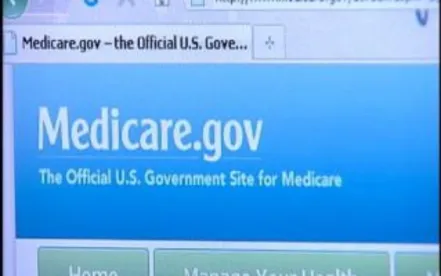A recent ruling allows health care providers to seek relief from federal courts if the delay caused by the Medicare appeals backlog is likely to cause the provider irreparable injury.
In late March, the Fifth Circuit Court of Appeals reversed long-standing precedent1 and ruled that a federal district court had subject matter jurisdiction to adjudicate whether a Medicare-enrolled service provider is entitled to injunctive relief from Medicare recoupments during the Medicare appeals process prior to the exhaustion of administrative remedies, if the Medicare appeals backlog causes irreparable injury to the provider.2
This case arises from a Medicare Administrative Contractor (“MAC”) audit of a Texas home health provider (“Provider”). In this matter, about 90 percent of the Provider’s revenue came from Medicare-reimbursable services. The MAC audit determined that 93 percent of the Provider’s claims were improper because of documentation errors, which resulted in an extrapolated recoupment amount of $7.9 million. The Medicare Program allows providers to contest a MAC’s recoupment determination through a four-stage appellate process.However, a MAC may begin recouping the amount a provider allegedly owes at the end of the second stage of appeal. Because of the backlog of Medicare appeals, the Provider must wait an additional three to five years before the appeals process is completed - all the while the MAC continues its financially ruinous recoupment.
In this matter, because of the Provider’s high Medicare payer mix, the Provider would go out of business if it had to pay back the alleged recoupment amount prior to the exhaustion of its administrative remedies. Instead of focusing on the underlying merits of the Medicare appeal, the Provider focused its court actions on the dire circumstances that would befall them if the recoupment was allowed to start three to five years before it was granted an appellate hearing. The district court originally rejected the Provider’s arguments about irreparable injury because the Provider failed to exhaust its administrative remedies. The Fifth Circuit disagreed and determined that the Provider established that it was entitled to injunctive relief because the “combined threats of going out of business and disruption to Medicare patients” created a high likelihood for irreparable injury prior to the Provider’s exhaustion of its administrative remedies.
It is unclear what impact this ruling will have on the Medicare Program—but, one theory is that the Medicare Program’s recoupment amounts may increase because it will not be driving providers out of business. Although this may not speed up the appeals process, one result is clear—providers in the Fifth Circuit will now have an opportunity to stop recoupment until they work their way through Medicare’s “Byzantine four-stage administrative appeals process” and providers facing larger recoupments should consider potential equitable actions as part of their appeal strategy.
1 Cathedral Rock of N. Coll. Hill, Inc. v. Shalala, 223 F.3d 354 (6th Cir. 2000); Lifestar Ambulance Servs., Inc. v. United States, 365 F.3d 1293 (11th Cir.2004); Griego v. Leavitt, No. CIV.A. 3:07-CV-1708-, 2008 WL 2200052 (N.D. Tex. May 16, 2008)
2 Family Rehabilitation, Inc. v. Azar, No. 17-11337 (March 27, 2018).




 />i
/>i

